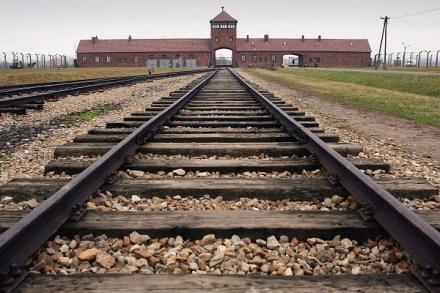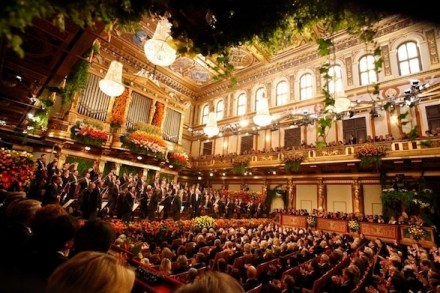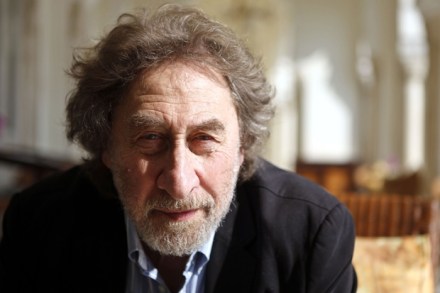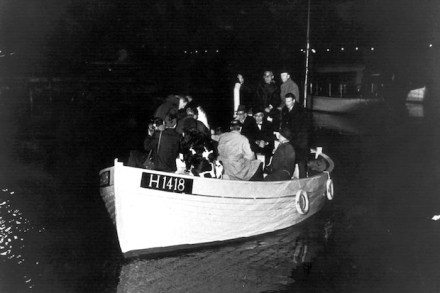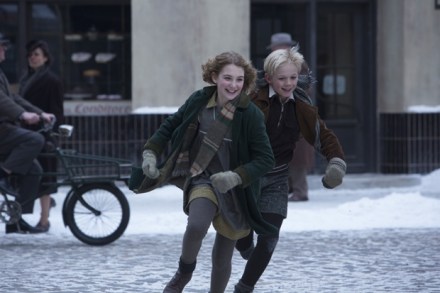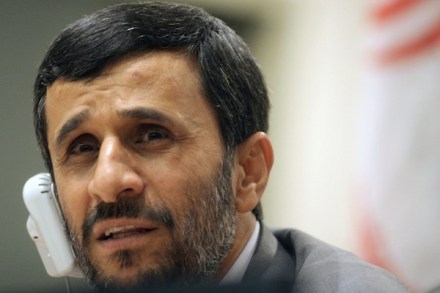Adolf Eichmann hoped his ‘Arab friends’ would continue his battle against the Jews
Over Christmas I finally got around to reading Eichmann Before Jerusalem by Bettina Stangneth. I cannot recommend this book – newly translated from the German – highly enough. It challenges and indeed changes nearly all received wisdom about the leading figure behind the genocide of European Jews during World War II. The title of course refers to Hannah Arendt’s omnipresent and over-praised account of Adolf Eichmann’s 1961 trial, Eichmann in Jerusalem: a report on the banality of evil. I would say that Stangneth’s book not merely surpasses but actually buries Arendt’s account. Not least in showing how Arendt was fooled by Eichmann’s role-play in the dock in Jerusalem. For whereas


